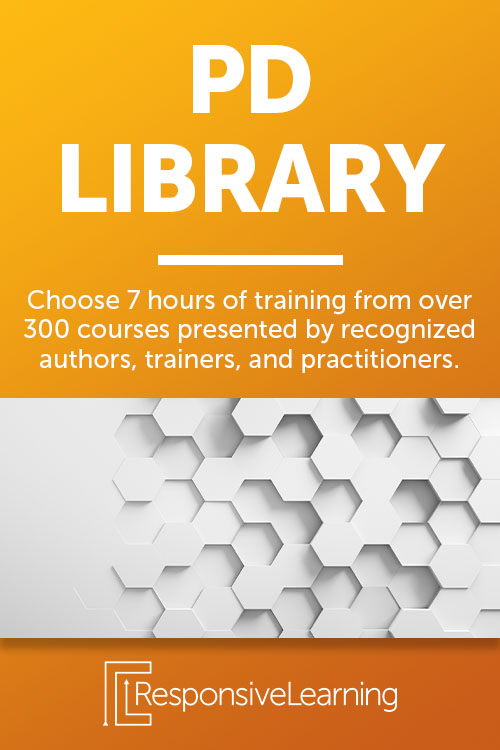For SPED educators, a proper evaluation is a key part of the process for students receiving special education services and support. An evaluation is the assessment process for a student suspected of having a disability to answer two key questions: Does the child have a disability, and if so, what’s the extent to which that disability impacts their learning?
Before you begin
Before you begin your evaluations, it’s critical to remember one thing: the federal law has strict guidelines on consent to evaluate. This means that the parents have to consent to an evaluation before you even perform one. Once consent is given, the parents must be fully informed about the evaluation process in their native language. They must know that they can revoke their consent at any time and that revoking consent is not retroactive.
Once consent is received, the educator has 45 days to complete the evaluation. If a child is being evaluated, then there’s a reason, so time is of the essence as we don’t want to delay that child getting the support that they need.
Evaluation traps
There are many traps that teachers can fall into once they begin their evaluations. While the first trap is failing to receive consent, the second trap is training. When it comes time to interpret the evaluation assessment, this should be handled by a trained professional who has been instructed on how to read the test results.
Make sure that the information you’re using for your evaluations is all-inclusive. Use information for the school, the student’s parents, and standardized test results. When you have gaps in your information on a student, you run the risk of an incorrect evaluation and a student getting the wrong kind of support. And lastly, you’ll want to make sure that your evaluations are complete. Remember: Academic skills are not the only things assessed during the evaluation. Family, caseworkers, physicians, and other stakeholders may all be able to contribute information that you might not be able to discern just from academic results.
More information

When it’s time for evaluations, remember that this decision will have a major effect on that student’s life, both personal and academic. That’s why it’s important to have a clear understanding of what your responsibilities and role is in the process. If you’re unsure or just need a refresher, the course Keys to Special Education — Evaluation might be just what you need.
The course is presented by Ayo Jones, an experienced educator who has created a number of courses like this to help educators best serve their students. With this course, you’ll get a better understanding of how to tackle your evaluations and what to look out for in them.
In this 25-minute course, you’ll learn:
- The policy of evaluation
- Procedural takeaways
- Essential teacher practices
- Key ideas to remember
At the end of this course, you’ll have all you need to know to complete a thorough evaluation.

